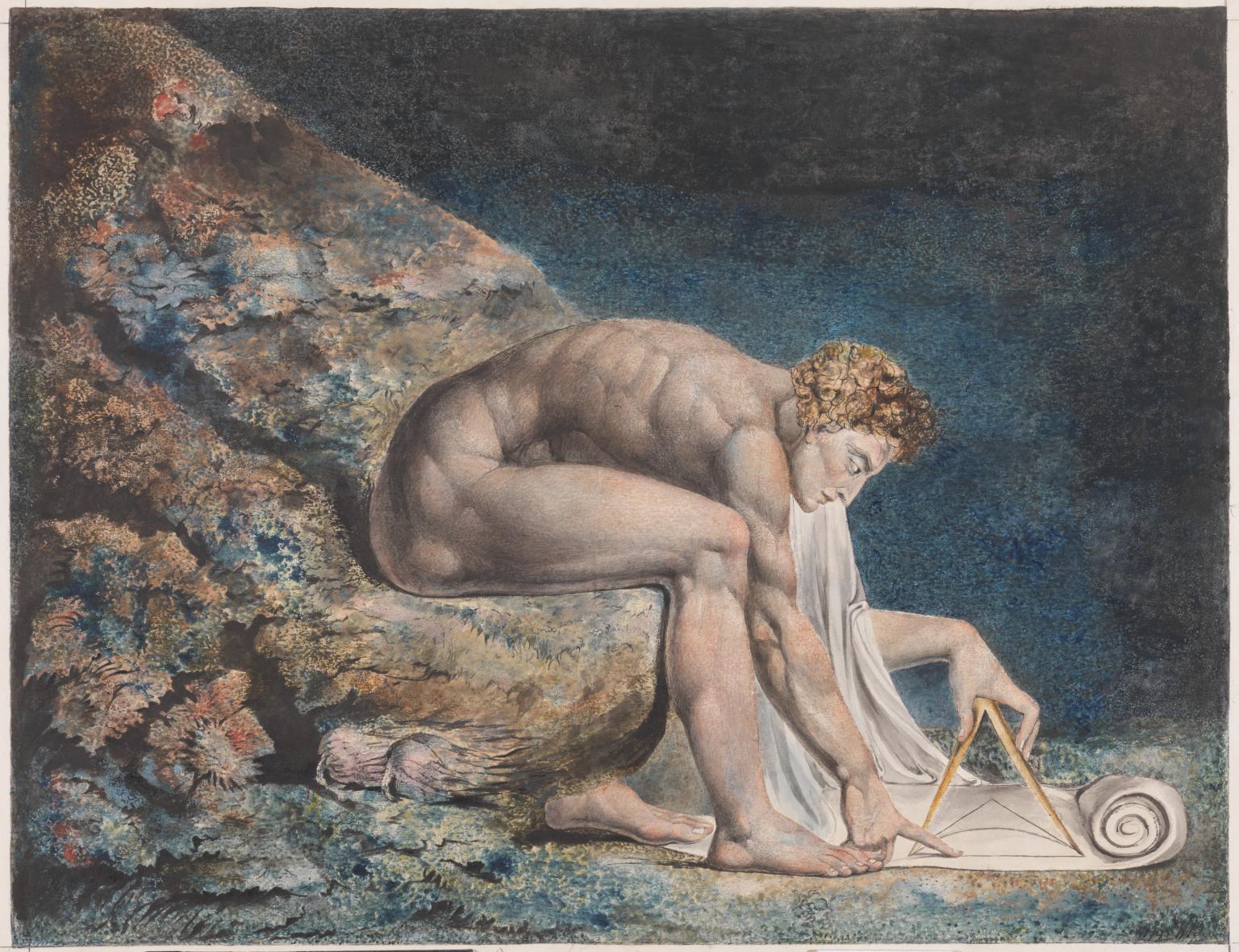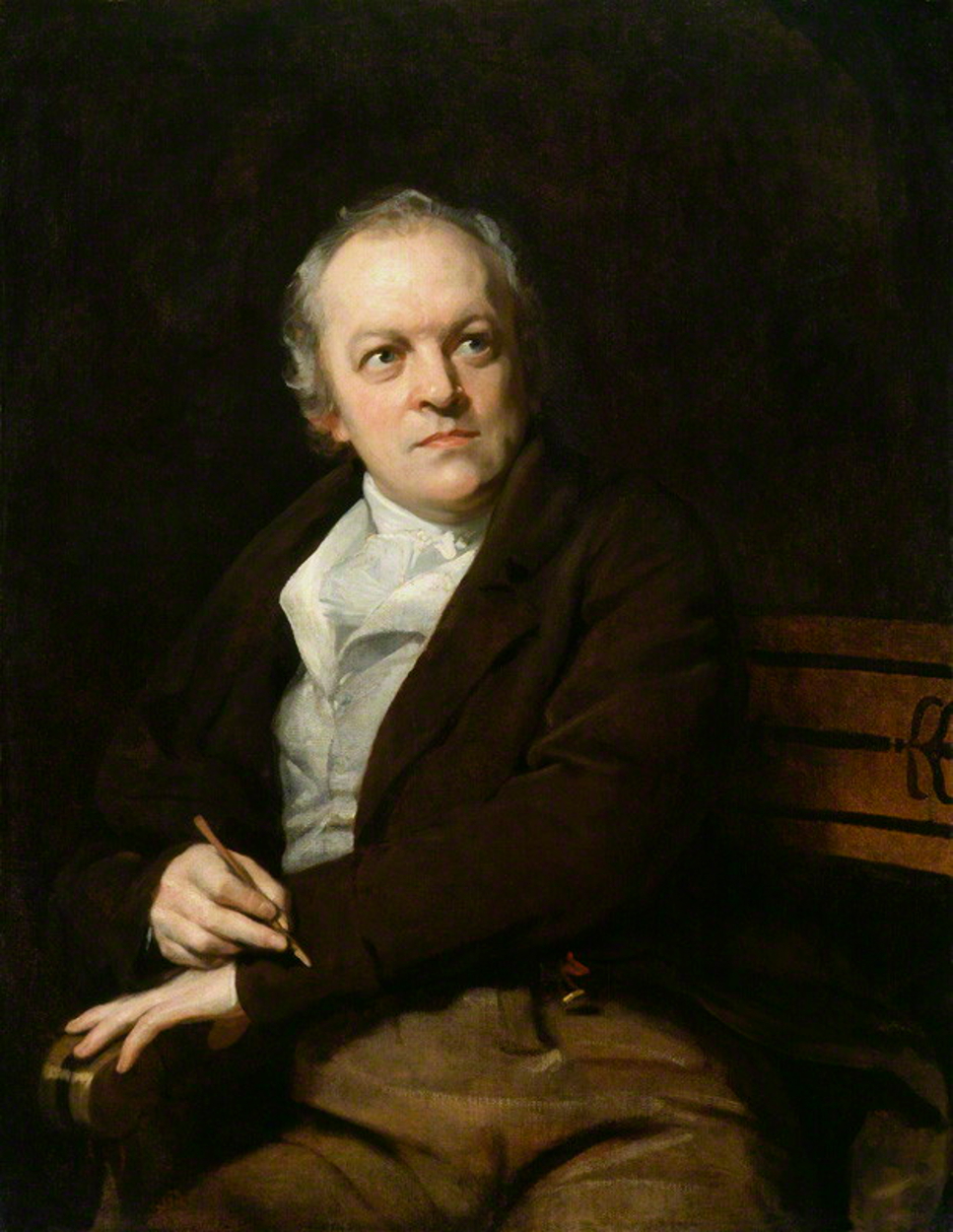The English poet, writer, artist, mystic, and precursor of romanticism, William Blake, presented Isaac Newton in a rather unusual way. This is definitely not the classic portrait that we may expect of the genius scientist who discovered the law of universal gravitation.
Newton is depicted like a Greek god—muscular, beautiful, and naked. He is staring at a diagram that he drew with the help of a compass. This may appear to be some kind of apotheosis, but it is well known that Blake was critical of Newton's blindness to nature. And indeed, Newton is completely focused on the compass and ignores the beauty of the colored rocks and the sea around him. Nature was not important to him. In fact, the world around him was not important to him. Perhaps Blake, who lived in the era of the galloping industrial revolution, sensed that a man's blindness to nature and uncritical faith in his abilities could cause him to turn away from nature and the environment.
Meanwhile, even today, science warns us about the consequences of such thinking. Fortunately, a better and deeper understanding of the mechanisms of the natural world allows us to protect it and fight human activities that are harmful to the environment.
Paradoxically, the science-minded Newton and the nature-loving Blake may be closer to each other than it seems at first glance. After all, science is based on observing nature and admiring it. And even if science demythologizes nature and robs it of its romance, both science and poetry can be used in a similar way—to understand the beauty of the world.
Mark your calendars! (October 8-10, www.festiwalprzemiany.pl)


 William Blake
William Blake